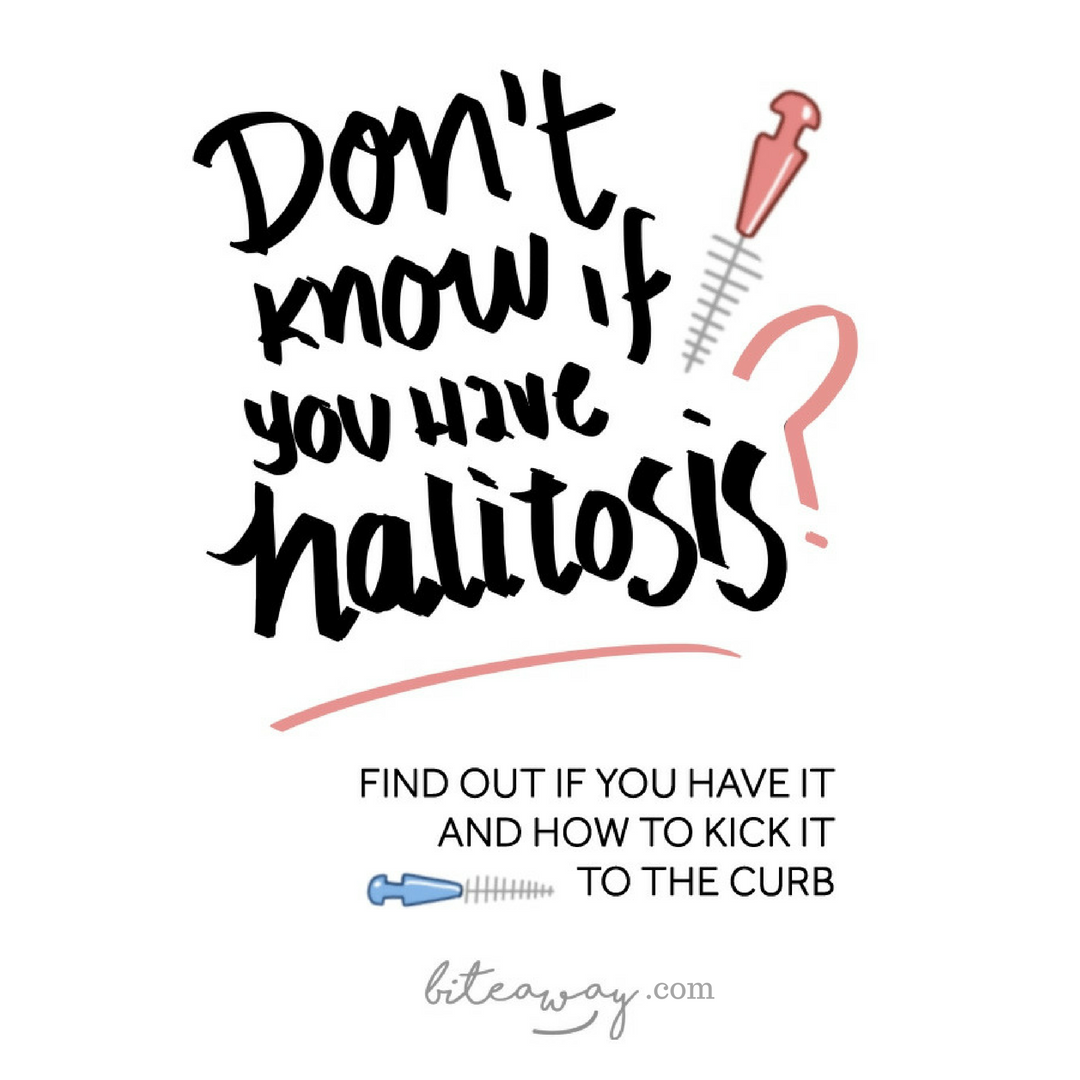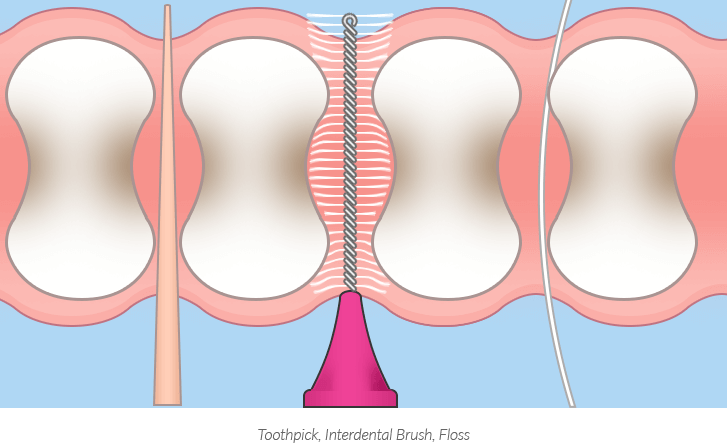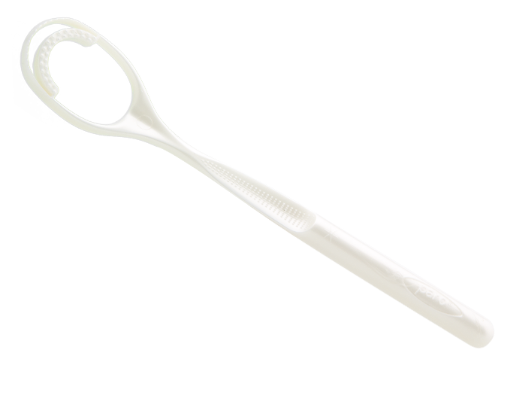 by Nora Koller
November 14, 2016
by Nora Koller
November 14, 2016 Don’t know if you have halitosis? Find out if you have it and how to kick it to the curb

Halitosis is the general medical name for bad breath, a smelly odor emitting from the mouth. Here we discuss how to recognize if you have it, and what can you do to prevent it.
According to the National Center for Biotechnology Information, halitosis (also known as bad breath, foetor ex ore or oral malodor) is such a common problem that 50% of the general population have it. That’s a lot of bad breath!
Do you have halitosis?
There are several ways to recognize if you have halitosis. For example, one symptom is an unpleasant metallic taste in your mouth. If you have this it is likely you have some degree of bad breath.
Your friends and loved ones may actually give you a gentle hint or tell you that your breath smells, and perhaps sometimes you may notice that people stand back when talking to you.
The worst-case scenario is that people experience your bad breath, but don’t say anything. This means you don’t realize it and they just go away with a rather unpleasant impression of you.
Before I tell you the easiest way to stop that happening, we first need to look at the reasons why we are prone to bad breath.
What causes halitosis?
Most cases of halitosis originate in the mouth and can be attributed to cavities, gum disease and a poor dental hygiene routine.
Other major factors are our lifestyle choices like smoking, drinking alcohol, a diet of high meat content and sugary, smelly or spicy foods.
Gastrointestinal, respiratory or metabolic diseases can also cause a small percentage of cases.
How to get rid of halitosis
Assuming a medical condition is not causing your halitosis (which is rare), the easiest and best way to cure it is to have a better oral hygiene routine.
Basically, you need to brush your teeth properly, clean the bacteria off your tongue and remove the food particles and plaque build up between your teeth. Every day.
Sure, you can buy a whole host of temporary cures for halitosis that mask the problem over a short period, but if you want to avoid having to frantically shove mints or chewing gum into your mouth before you talk to anyone, here’s how you can prevent the problem.
Use interdental brushes instead of floss
We now know that interdental brushes are much better at cleaning the spaces between your teeth compared with flossing. Using the brushes to remove the food particles and plaque build up between your teeth is important to do every day. Left to linger, they can result in more serious oral health issues such as gum disease, tooth decay, periodontal disease and cavities. Use an interdental brush once a day in the evening.

Scrape the bacteria off your tongue
A lot of your mouth bacteria are found on your tongue. The best way to clean your tongue and remove the bacteria is to use a tongue scraper once in the morning and once in the evening before brushing. Scrape the white stuff from the back of the tongue towards the tip.

Brush for 2 minutes
It’s important not to brush the teeth too hard or for too long. Instead, it’s more important to try and concentrate on each tooth individually. Brush teeth for two minutes with a medium intensity, once in the morning and once in the evening.
Finish your evening routine with mouthwash
The final part of your daily oral care routine should be to swill mouthwash for 60 seconds.
With this halitosis-zapping routine, you’ll prevent the embarrassing problem of bad breath, rather than masking it temporarily. And as it affects the majority of our social interactions and intimate relationships, the persistence will seriously pay off!
XOXO
Nora


